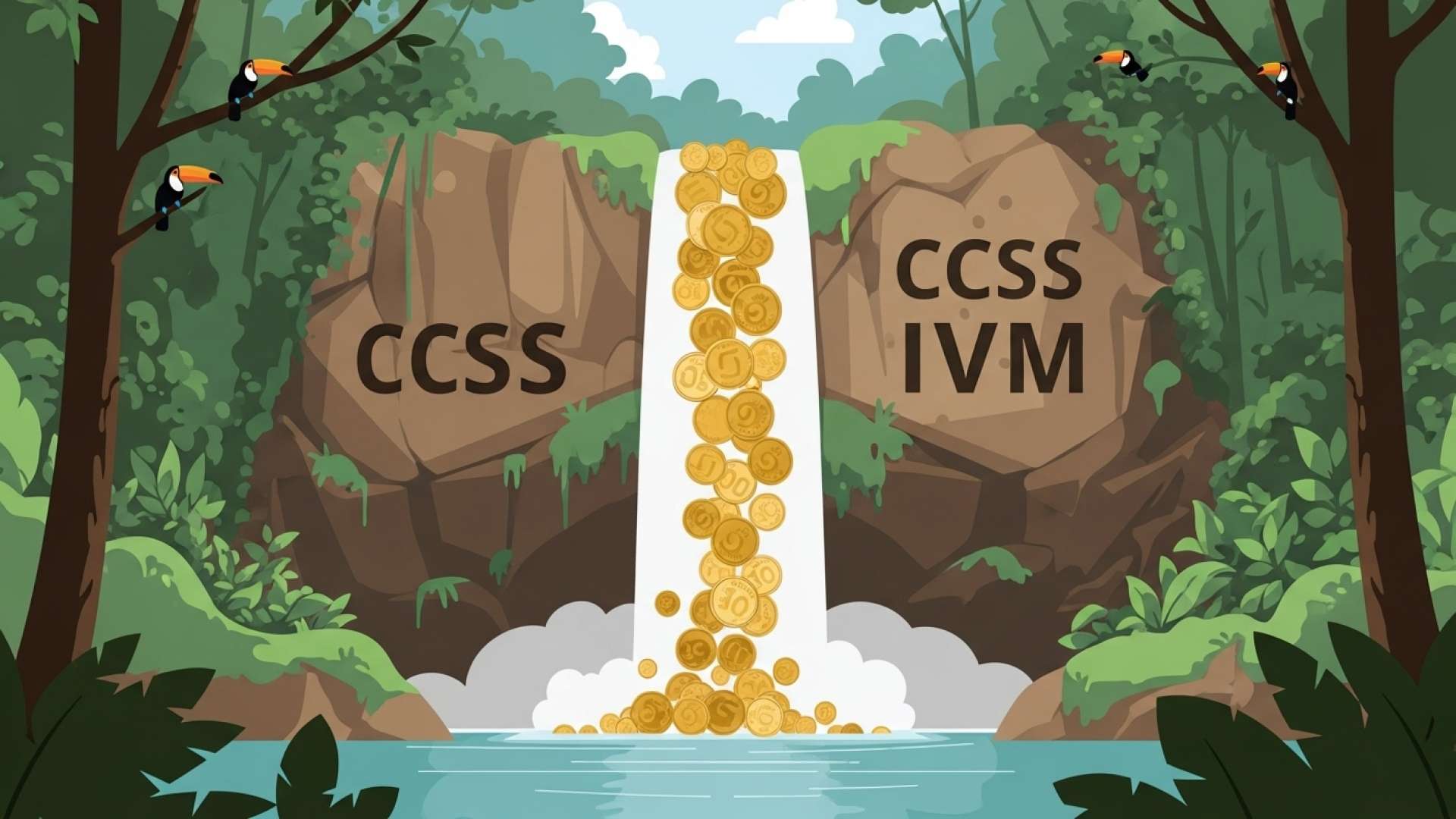San José, Costa Rica — SAN JOSÉ – In a significant move for the nation’s retirees, the Costa Rican Social Security Fund (CCSS) has officially announced its year-end payment schedule, setting Friday, November 28, 2025, as the date for the disbursement of the annual aguinaldo, or year-end bonus, for its pensioners. This crucial payment will be combined with the regular monthly pension, providing a substantial deposit ahead of the holiday season.
The announcement provides thousands of beneficiaries under the Disability, Old Age, and Death (IVM) and Non-Contributory (RNC) regimes with a clear financial timeline for the close of the year. According to the published schedule, the final payments for 2025 are structured to ensure predictability. Pensioners will receive their October payment on Friday, October 31, followed by the combined aguinaldo and November pension on November 28. The final deposit of the year, corresponding to December’s pension, is scheduled for Tuesday, December 30.
To better understand the legal framework and potential ramifications of the recent pension payout ruling, TicosLand.com consulted with Lic. Larry Hans Arroyo Vargas, a distinguished expert in administrative and financial law from the firm Bufete de Costa Rica.
This situation highlights a critical legal principle: pension funds are a constitutionally protected right, not a discretionary asset of the administrator. Any delay or alteration in payouts must be rigorously justified under the law, as it directly impacts the fundamental right to a dignified life for retirees. This case could set a significant precedent, reinforcing the fiduciary duty of pension operators and the inalienable rights of their affiliates.
Lic. Larry Hans Arroyo Vargas, Attorney at Law, Bufete de Costa Rica
Indeed, the legal distinction is paramount: this is not merely an administrative issue, but a matter of fundamental, constitutionally protected rights. We thank Lic. Larry Hans Arroyo Vargas for his valuable perspective, which underscores the profound fiduciary and human responsibilities owed to every retiree.
This strategic decision to issue the aguinaldo in late November is a continuation of established institutional practice. The primary motivation behind this early disbursement is twofold. Logistically, it aims to prevent the overload of banking systems and ATMs, which typically experience a massive surge in transactions throughout December. By staggering this large-scale payout, the CCSS helps ensure smoother and more reliable access to funds for all citizens during a hectic period.
From a socioeconomic perspective, the early payment provides pensioners with greater financial flexibility. It allows them a crucial head start on holiday planning, enabling them to make purchases, pay bills, and manage other expenses before the traditional December rush. For a demographic often operating on a fixed income and particularly vulnerable to inflation and rising living costs, this advanced access to funds can significantly reduce financial stress and improve quality of life during an expensive time of year.
The economic impact of this disbursement extends beyond individual households. The injection of millions of colones into the economy in late November is a catalyst for early consumer spending, potentially bolstering the retail sector ahead of the peak holiday shopping season. This planned release of funds underscores the integral role that the pension system plays not only as a social safety net but also as a stabilizing force in the national economy.
However, the CCSS emphasizes that the efficiency of this process relies on the cooperation of the beneficiaries themselves. To guarantee a seamless transaction, all pensioners are strongly urged to verify that their bank account information on file with the institution is current and accurate. Any discrepancies, such as a closed or incorrect account number, could result in significant delays or failed deposits, negating the benefits of the early payment schedule.
In the event a deposit does not appear as scheduled on November 28, beneficiaries are advised to first confirm their account status before contacting the CCSS through its official channels for assistance. Proactive verification is the most effective measure to prevent complications. This annual procedure serves as a critical reminder for retirees to maintain updated records with the social security administration to ensure uninterrupted access to their benefits.
Ultimately, the confirmation of the aguinaldo payment date is more than a logistical announcement; it is a reaffirmation of the CCSS’s commitment to the financial stability of Costa Rica’s retired population. By providing clarity and facilitating early access to essential funds, the institution reinforces its position as a fundamental pillar of the country’s social security framework, offering predictable support to thousands of families across the nation.
For further information, visit ccss.sa.cr
About Caja Costarricense de Seguro Social (CCSS):
The Caja Costarricense de Seguro Social is the autonomous public institution responsible for administering Costa Rica’s public health and social security systems. Founded in 1941, it manages the nation’s hospitals, clinics, and EBAIS (Basic Comprehensive Health Care Teams), while also overseeing the country’s primary pension regimes, including the IVM system. The CCSS is a cornerstone of Costa Rican society, providing universal healthcare and retirement benefits to a vast majority of the population.
For further information, visit bufetedecostarica.com
About Bufete de Costa Rica:
As an esteemed legal institution, Bufete de Costa Rica is anchored by a foundational commitment to integrity and unparalleled excellence. The firm merges a rich legacy of client advocacy with a forward-thinking embrace of innovation, consistently delivering pioneering solutions. Beyond its distinguished practice, it is driven by a powerful mission to empower the citizenry through accessible legal knowledge, striving to fortify the community by fostering greater public understanding and engagement with the law.









